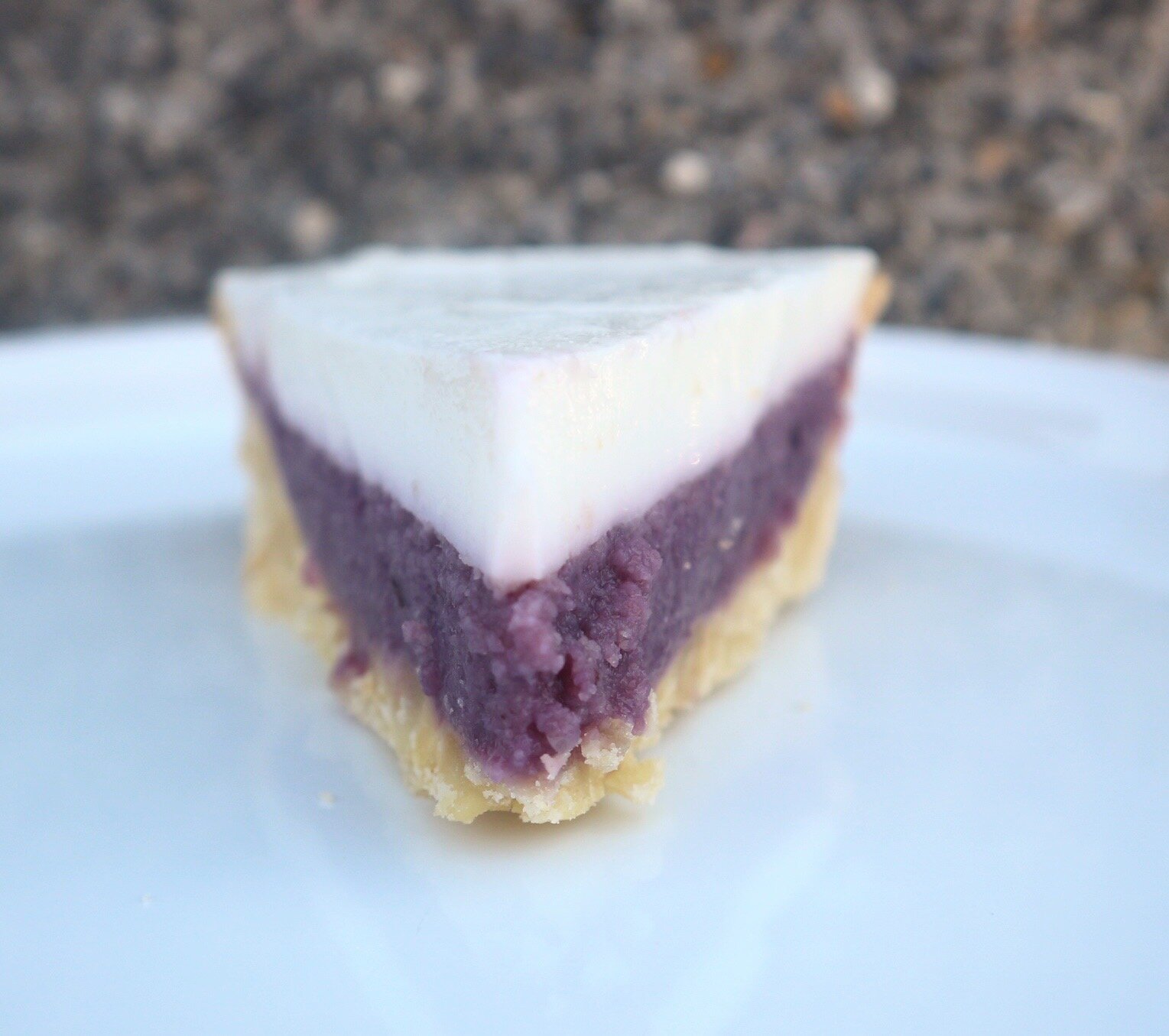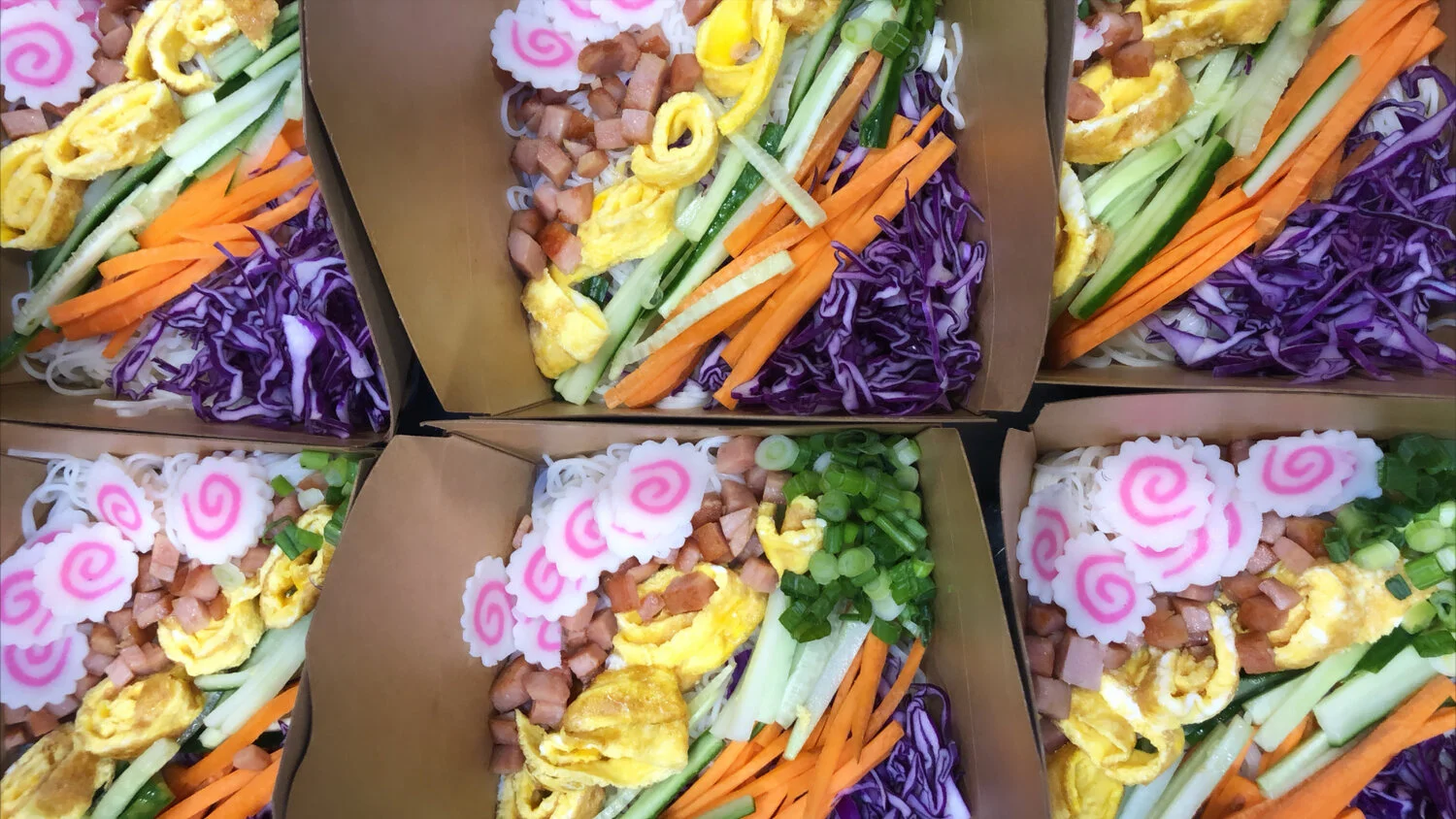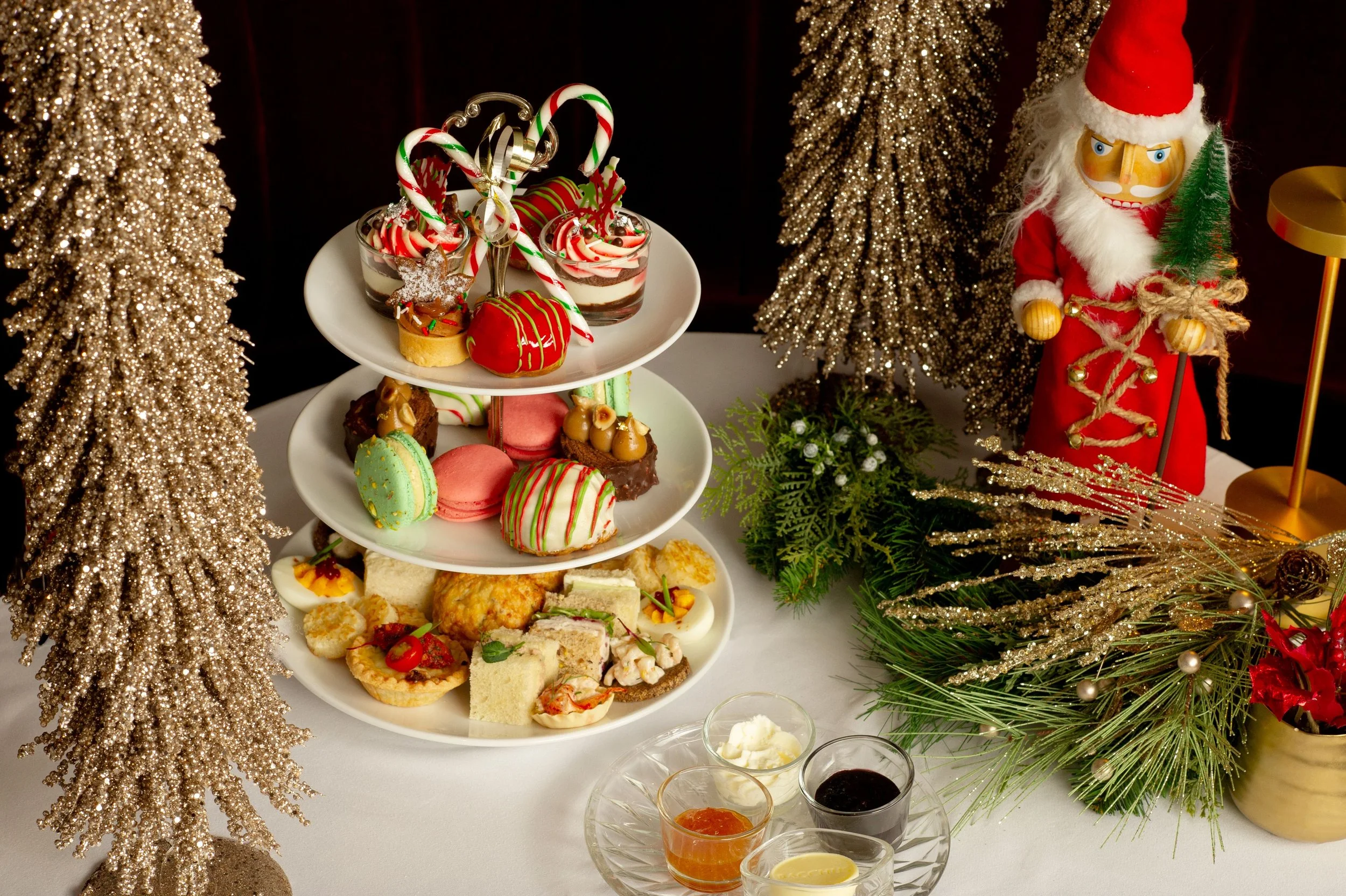Hānai Family Table honours the flavours—and history—of Hawai’i
Working out of a commissary kitchen, the food business brings the spirit of Aloha to Vancouver
Tess Bevernage and Thomas Robillard met on O’ahu, where they both grew up.
TESS BEVERNAGE WAS born in Montreal but grew up in Hawai’i, her parents having moved to O’ahu when she was just six months old. That’s where she met her partner, Thomas Robillard. The two fell in love with the Pacific Northwest while she was studying at the Northwest Culinary Academy in Mount Pleasant and, on a whim, decided to make Vancouver home.
They quickly learned what vitamin D deficiency was.
They also discovered, somewhat by fluke, that there’s a voracious hunger in Vancouver for stories and flavours from Hawai’i. That revelation ultimately led to Hānai Family Table, a food business operating out of Coho Commissary that celebrates the cuisine of the Hawaiian Archipelago.
“I was working in restaurants at the time and since we were new to the city and friendless—making friends in your 30s in a new city is hard—we decided to invite some industry people over to share our homestyle Hawai’i cooking with and have some social interaction,” Bevernage says. “We started hosting long-table dinners in our basement suite, where we would take apart our couch, shove it in the back room and put a couple tables together. On our makeshift long table, we’d bring out dishes we grew up with, talked about their cultural importance and how and when they came to be in Hawai’i’s history. We were surprised by how many people who came to those early days’ dinners had their own special connection and relationship with Hawai’i, whether through food or vacations there.
“The feeling of happiness we felt having people over, talking about our upbringing, and sharing food that was close to our hearts made us think: maybe we should do this for a larger audience.”
The couple managed to acquire a food-vendor booth at the Vancouver Mural Festival, hauled a deep fryer down Main Street and fried up some ube mochi—a twist on a classic carnival snack made with purple yam— until they sold out. “We were so thrilled by the response that we took the momentum from there and realized there’s so much of Hawai’i’s cuisine we could share with our new Vancouver family,” Bevernage says.
Bevernage founded Hānai Family Table and handles its food creation, while Robillard helps with whatever the operation needs at any given time. She attributes her appreciation of food to her savvy mom, a talented home cook who could make a beautiful meal out of whatever ingredients she happened to have on hand and who abhorred food waste. Plus, with two French parents, good food was always on the table and part of the conversation.
Haupia ube macadamia nut pie is on the Hānai Family Table menu.
The term “hānai” historically meant to nourish, while it has taken on the connotation of “to adopt into your family”. Both fit with what Hānai is all about.
“Growing up in Hawai’i, there is something truly special called your Hānai-ed family, people that aren’t blood related to you but the bond is identical,” Bevernage says. “Think aunties and uncles galore. The community and support that you have is truly unique to Hawai’i. Like many cultures, a lot of these unique relationships are built while sharing food, ‘talking story’, and becoming a deeper part of each other’s lives.
“So we felt since it all started with long-table dinners we wanted people to feel that when they eat our food that we are all sitting at the table together, talking story”, sharing a moment,” she says, “becoming each other’s Hānai-ed family.”
While they’re bringing the spirit of Aloha to Vancouver diners, the two are emphatic that they rarely describe what they’re doing as “Hawaiian”. They avoid using the term as out of respect for the region’s Indigenous people. Although they both grew up in Hawai’i, neither is ethnically Hawaiian.
“The biggest misconception that we get a lot is that everyone from Hawai’i is Hawaiian, and this is definitely not the case,” Bevernage says. “It’s very important that this be recognized because Native Hawaiians have experienced an immense amount of struggle and injustice. We can’t recommend enough to take the time to read Hawai’i’s history if you have love for the islands. A great read is Queen Lilioukalani’s Hawai’i’s Story told from the perspective of one of the last of the Hawaiian monarchy.
“A lot of people visit Hawai’i without realizing that they are also on stolen land,” she says. “It’s very important for us to make sure we talk about the history as often as possible, and a great way to start is through the history of Hawai’i's food.”
The food of Hawai’i is generally not all that well understood outside of the islands, even among those who escape there every winter. People might associate it simply with poke or Maui ribs.
Bevernage explains that the food industry has made many misinformed decisions when labelling things “Hawaiian”, the most prevalent being to top something with pineapple. “Pineapples aren’t native to Hawai’i,” she says. “They were brought over in 1530 by the Spanish as a gift to the king.
“Also, with the global poke trend,” she notes, “it’s transformed a dish with beautiful simplicity and warped into something completely different from its origin.” (Typically, poke in Hawai’i consists of little more than fresh raw tuna, sesame seeds, green onion, seaweed, soy sauce and sesame oil, and maybe macadamia nuts—not a dozen or more toppings and creamy sauces.)
“The beauty of the food of Hawai’i is that it almost always tells a story,” Bevernage says. “You can trace dishes through time.”
Spam musubi.
She points to kālua pork as an example. The dish’s name means to cook in an underground oven called an imu; pork is a dietary staple that’s thought to have been brought to the islands, along with taro and sweet potato, by Polynesians. Spam Musubi is another dish with a backstory. Now found everywhere from gas stations to ubiquitous ABC stores, the snack consisting of a fried slice of spam on a block of pressed rice wrapped with nori (seaweed) goes back to World War II, when there were internment camps in the U.S. where people of Japanese descent were detained from 1942 to 1945. Spam was a cheap, shelf-stable source of protein for soldiers and civilians alike.
“There are also a lot of traditional dishes from Japanese, Chinese, Korean, Portuguese, and Filipino cultures that have deeply influenced and rooted themselves in Hawaiian cuisine and in some cases have transitioned into their own unique-to-Hawai’i version over time,” Bevernage says.
Everything on the menu at Hānai is derived from some of Bevernage and Robillard’s favourite comfort foods from back home.
Among its most popular savoury items, in addition to the aforementioned kālua pork and Spam musubi, are garlic furikake chicken (furikake being a Japanese seasoning typically made with toasted sesame seeds, nori, sugar, and salt), and mac salad. New for the cold, wet winter months is Portuguese bean soup.
On the sweet side, customer favourites include haupia ube macadamia nut pie (haupia is a kind of coconut pudding), fried ube mochi, and butter mochi. (Mochi is a Japanese treat that Bevernage makes with mochiko flour, a sweet rice flour.) A new addition is Hānai’s bake at home ube cinnamon buns with coconut sauce. The company has also introduced other bake at home items, frozen foods, and spices and also does catering. For the time being, Hānai is offering pick-up orders out of Coho Commissary (1370 East Georgia Street). (See its website for more information.)
“We’ve been overwhelmed with the response we’ve received so far from so many people,” Bevernage says. “The aloha spirit is alive and well in Vancouver.”
Somen salad is a cold noodle dish with kamaboko, Japanese fish cakes.


















